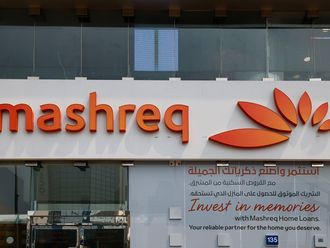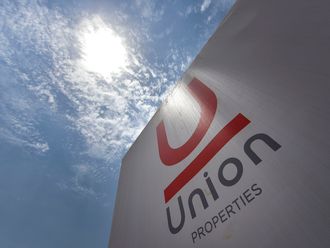Dubai: Malaysian unit of investment bank Kuwait Finance House (KFH) has launched a Sharia-compliant foreign exchange hedging solution it says will be the first of its kind in that country.
Kuwait Finance House (Malaysia) Berhad said in a statement it had received approval from the Malay-sian Central Bank to sell its KFH Promissory FX Contract-i.
The product allows customers to protect themselves against unexpected adverse movements in foreign currency while still complying with the Sharia requirements of Malay-sia's National Sharia Council and Kuwait Finance House's own Sharia board.
The bank said the product is based on the concept of Wa'ad, in which the bank enters into a foreign exchange contract for delivery on a specific future date.
It is the first of its kind in that country and would be a great help to importers, exporters, service providers, investors and institutions involved in fund raising.
Officials at treasuries of several UAE banks said KFH's product approval related mainly to Malaysia. They said Sharia-compliant hedging solutions for foreign exchange and interest rates had been available in the UAE and the GCC for the past two to three years from banks such as HSBC and Standard Chartered.
"This is really equivalent to the forward contract in conventional banking. It really achieves the same result that a forward contract achieves but is carried out another way," an official at the treasury unit of a top foreign bank told Gulf News.
Demand for Sharia-compliant hedging solutions has risen with the growth in Islamic banking, but product development has been slow to take off.
One official said there was probably one new treasury product being added in conventional banking every day while the pace was much slower in Islamic banking.
Ghazanfar Naqvi, a director of global Islamic products at Standard Chartered bank, said the bank offers both Sharia-compliant foreign exchange hedging solutions to its customers as well as profit rate hedges, which are equivalent to the interest rates hedges.
These products have been around for at least two years and were as competitively priced as conventional products.
"The potential for these products is big. It provides a big opportunity for the provider as well as the customer to manage these risks," Naqvi said.
But even though these products have been around for awhile, their share of the hedging solutions market is small. One banker said it is not larger than three per cent of the GCC treasury products market, which is worth $5 billion to $75 billion.
Strict compliance
Bankers said Islamic banks have a large foreign exchange exposure owing to their funding of trade transactions and so the demand for such foreign exchange hedging solutions was obvious. These though would be mainly for short-term trade transactions.
Before Islamic solutions arrived, Islamic institutions were either relying on products from conventional banks or not hedging their exposures at all, if their boards were very strict about compliance, bankers said.
One official at a local bank said a concern about Sharia-compliant hedging solutions was that they are one-sided, binding on the provider of the forward contract but not binding on the customers.
"So we are very selective about who we offer these solutions to because these contracts could be misused."












